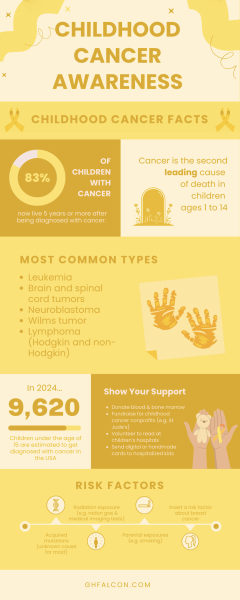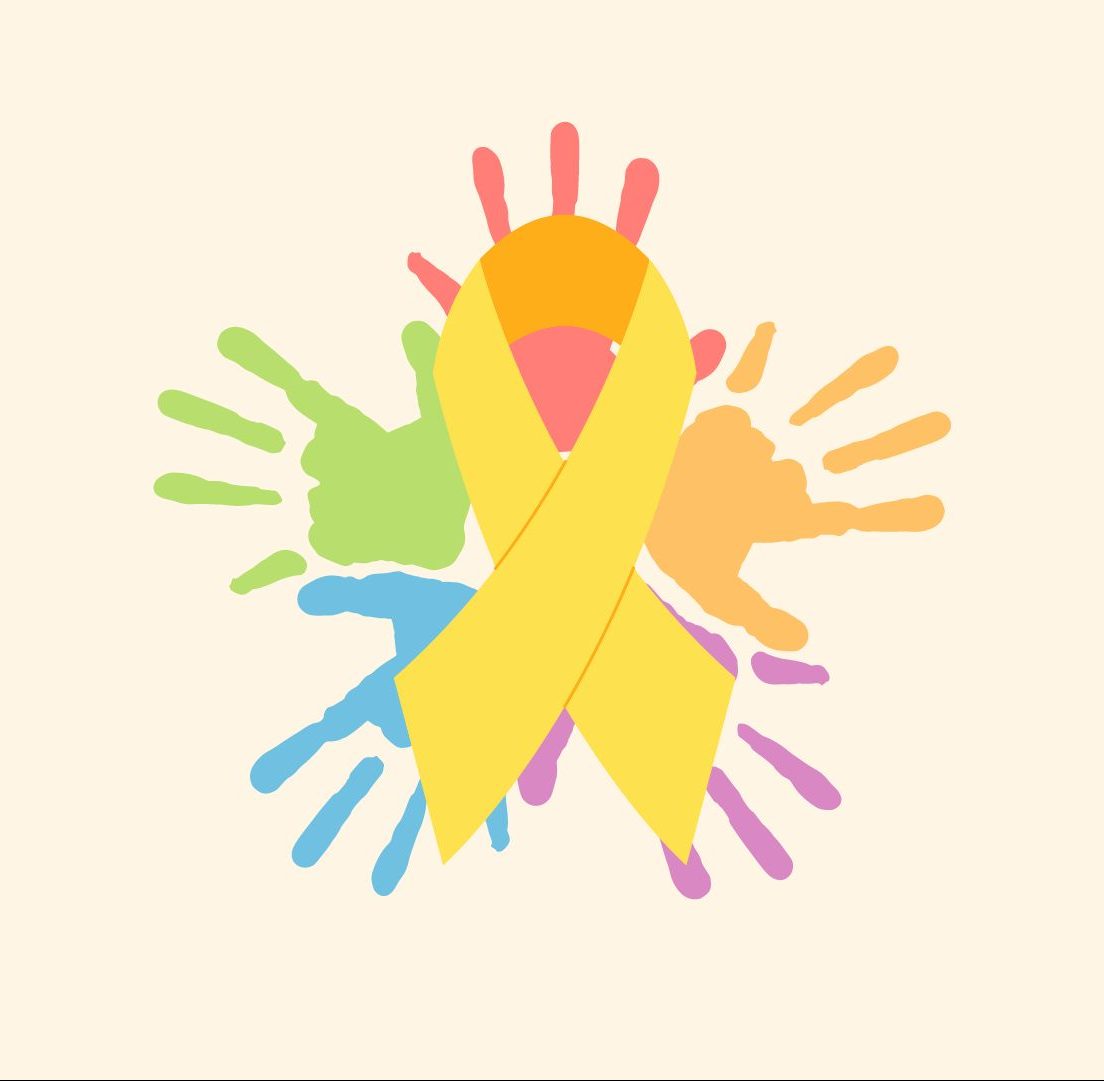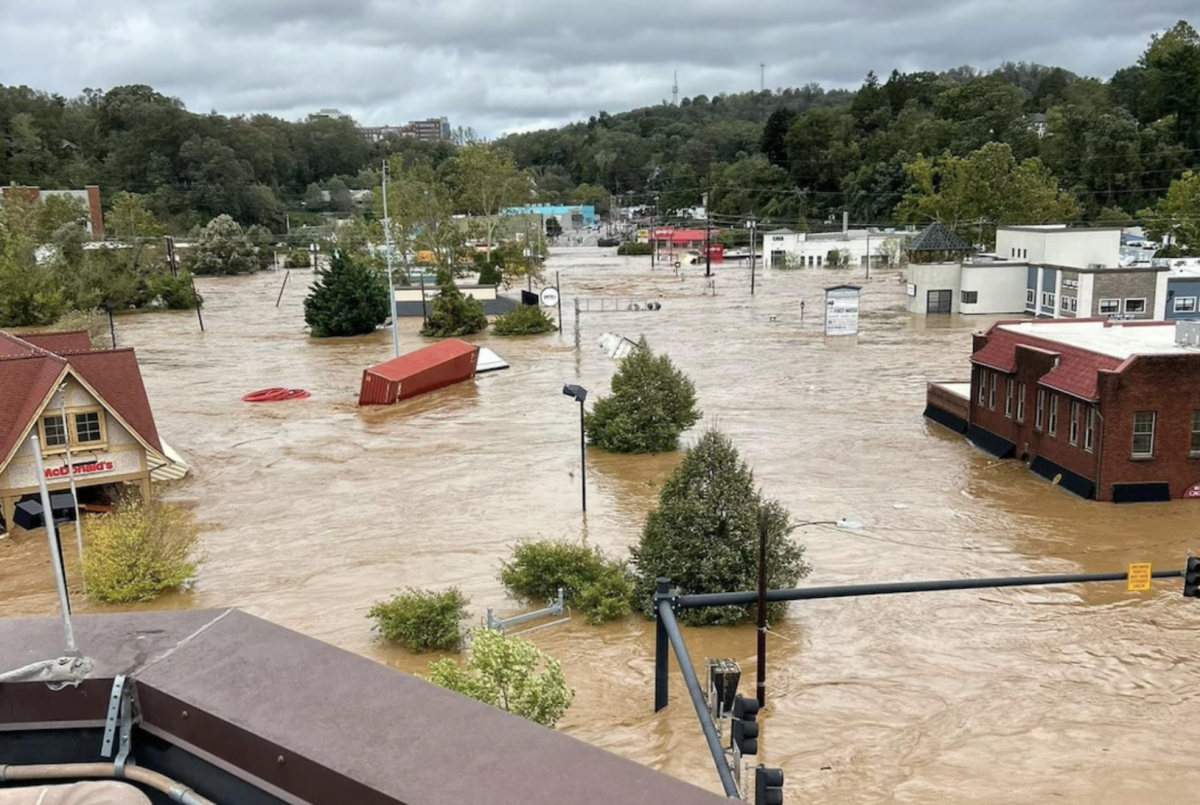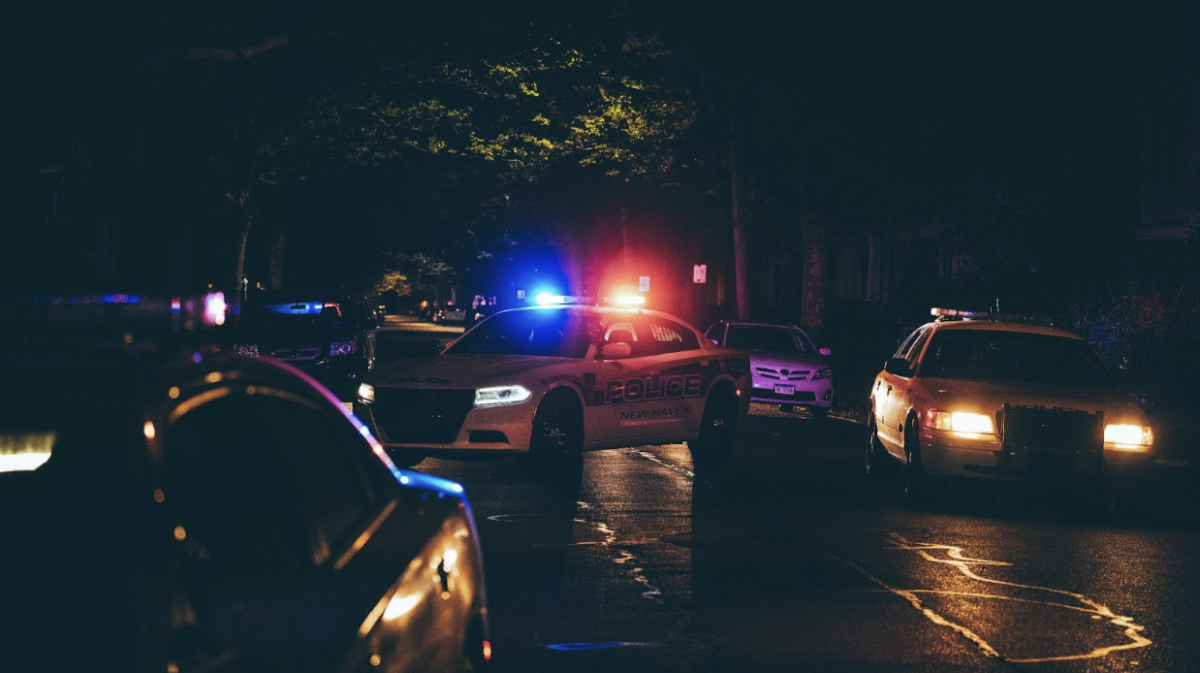“It just feels like you aren’t in your body… you can see it traveling up the line into your bloodstream, and you can feel it when it enters your body.” Joven Song (‘25) still remembers the unsettling sensation of the “Red Devil” — chemotherapy medication, Doxorubicin, known for its bright red color and harsh side effects — seeping through his system.
After finishing his first year of high school, Song received life-altering news: he was diagnosed with Stage 2A Hodgkin’s Lymphoma (HL), a type of blood cancer. It began as two enlarged lymph nodes at the base of his neck and a tumor in the center of his chest. From there, the cancer spread through his bloodstream, affecting the rest of his body.

Song’s story is not unique. Across America, thousands of children face similar problems. September marks Childhood Cancer Awareness Month (CCAM), established in 2010 by President Barack Obama. This month is dedicated to raising awareness about childhood cancer, the leading cause of death by disease for children under 14.
Through national campaigns, advocacy groups, and community events, CCAM aims to educate the public about childhood cancer. It also emphasizes the need for more research and funding, as childhood cancer remains significantly underfunded compared to adult cancers.
“Chemo was extremely painful — enough to drive any kid crazy. But the recovery process after each cycle was even worse,” Song reflected. His treatment, which included both chemotherapy and radiation, lasted from June to November 2022. Song’s treatments cut into his sophomore year, and he was only limited to remote-learning classes then. The effects of treatment went beyond his education. From chronic nausea to poor appetite, painful sores from medications and significant physical changes, Song experienced many struggles during his treatments. Above all, Song lost connection with his friends at school. The exhaustion from it all was overwhelming.
“The loneliness gets to you after a while,” Song admitted. Isolated from friends and homeschooled, he was both physically and mentally drained. His mother, sensing this, spent hours searching online support groups on Facebook to help her understand his struggles. These groups provided a sense of community for Song, aiding in his recovery and emotional well-being. Distractions also became a lifeline for Song during his treatments. When he wasn’t enduring painful chemotherapy or radiation sessions, he found solace in video games like League of Legends and Minecraft, which allowed him to escape the pain and fatigue, if only temporarily.
At Green Hope High School, students want to support patients like Song. Shreeya Pugalenthi (‘25), president of American Cancer Society (GHHS ACS), leads her club’s efforts to provide emotional support to children with cancer.
Pugalenthi expresses the importance of raising awareness about childhood cancer, as it helps everyone know what childhood cancer is, as well as its effects on a patient and their family. She explains, “Childhood cancer is different from cancer in adults, as there are differences in the types of cancer, how it spreads and how it is treated. It [CCAM] helps the public get involved in fundraising and awareness activities which teaches them the importance of activism and community service.”
Recognizing the struggle in child cancer patients, Pugalenthi and her club engage with local hospitals, creating care packages and holding fundraising events to support patients. By creating care packages and hosting volunteer events, GHHS ACS aims to bring joy to children undergoing treatment by offering them the distractions and comfort they need to alleviate their stress. When asked for the reason behind her work, Pugalenthi explains, “A massive issue for children battling cancer is a lack of emotional support.”
September, the month designated to the annual Childhood Cancer Awareness Month, is a crucial time that educates the public about childhood cancer. As organizations such as Green Hope ACS come together to support patients like Song, many children and families feel recognized and empowered in their fight against the disease. “Before I had cancer, I thought that treating it was impossible and that you’d have to live with it forever,” Song said. Now, as he approaches his second cancer-free anniversary this November, he knows that with the strength and support of his community, something garnered through CCAM, cancer can be overcome.















